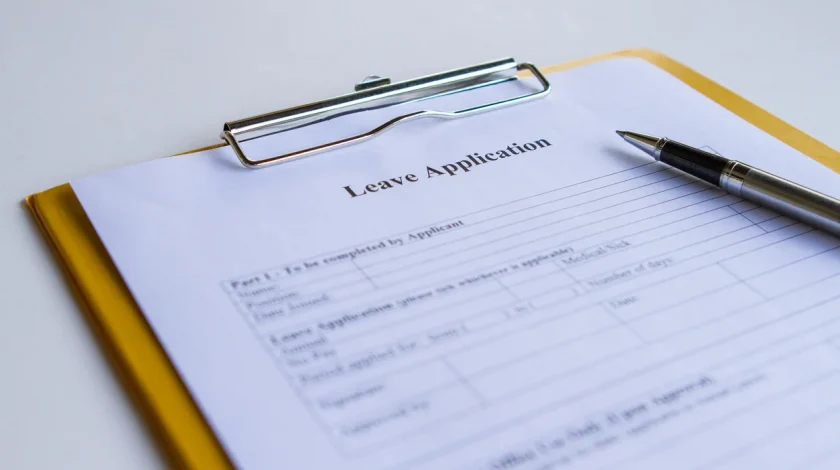Changes to all modern awards, which have introduced provisions relating to family and domestic violence leave, came into effect from 1 August 2018. This change has come about due to the 4 yearly review of modern awards.
The main legislative points that Coleman Greig suggests are worth noting are:
- Employees are now entitled to 5 days of unpaid leave in each year of employment. This leave can be taken in situations where the employee is required to take action in order to deal with the impact of family or domestic violence, and where it is impractical for them to take such action outside of their ordinary hours of work;
- The entitlement is available to all employees, including casual employees;
- The full 5 days entitlement is available from the commencement of each 12 month period of employment, it does not accrue progressively over the year;
- Unused leave does not accumulate from year to year;
- Part-time and casual employees are entitled to the full 5 days’ leave (it is not pro-rated); and
- Employees are not required to use their paid leave entitlements prior to utilising their unpaid family and domestic violence leave.
The reasons for which an employee may take unpaid family and domestic violence leave will include:
- Making arrangements for safety reasons (including relocation);
- Attending court hearings;
- Accessing police or other support services; and/or
- Making arrangements for children to change schools.
The employee must provide notice as soon as is practicable given their circumstances, and they must similarly advise on how many days of leave are likely to be required. Employees must also provide ‘evidence that would satisfy a reasonable person’ that the leave is being taken for a legitimate reason, and one that is specifically linked to family or domestic violence. Such evidence might include a police document, a court or support service document, or a statutory declaration.
Needless to say, such information must be kept strictly confidential by the employee’s workplace.
At this stage, the entitlement applies to award-covered employees, and is thus not available to non-award employees. However, the Federal government has flagged the adding of a domestic violence leave provision to the Fair Work Act, which would extend the entitlement to all employees.
The ALP and the Greens are pushing for 10 days paid leave, so a broader National Employment Standards provision is a possibility if the Opposition wins the Federal election.
Are there exceptions?
Yes, there are certain awards which do not include the new unpaid family and domestic leave entitlement:
Whilst employees covered by these awards aren’t entitled to the family and domestic violence leave entitlements, they may be entitled to other paid or unpaid entitlements in their awards which they can access in these types of circumstances. Similarly, their employer might have a workplace policy allowing them to take leave for family and domestic violence-related reasons. Coleman Greig urges readers to check whether these new leave entitlements have been included in their specific awards.
It is possible that, in practice, claims for unpaid domestic violence leave will be rare, as it may be the case that employees will prefer to use paid annual or personal leave, and will be reluctant to disclose domestic violence as the reason for needing time off, given the intensively private nature of the issue.
However, regardless of what workplaces believe to be the most likely scenario, employers and HR departments alike must be ready to deal with any applications for leave which may be received.
As a White Ribbon Accredited Workplace, Coleman Greig Lawyers takes a zero-tolerance stance with regard to any and all forms of violence against women. If you are concerned that you may be a victim of domestic violence, we urge you to seek help via the White Ribbon Australia website.
If you require any advice on leave entitlements, or you have a specific question relating to the new family and domestic violence leave, please don’t hesitate to get in touch with our Employment Law team.













